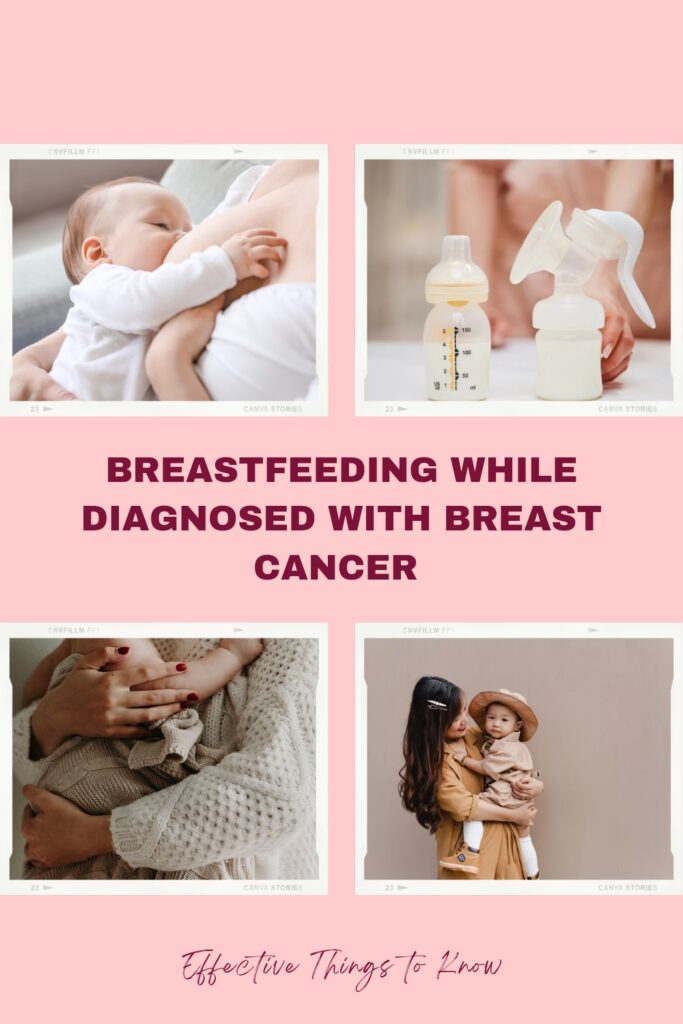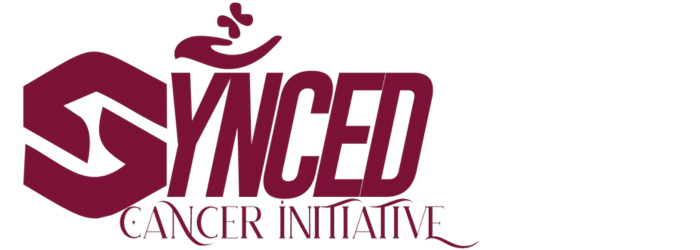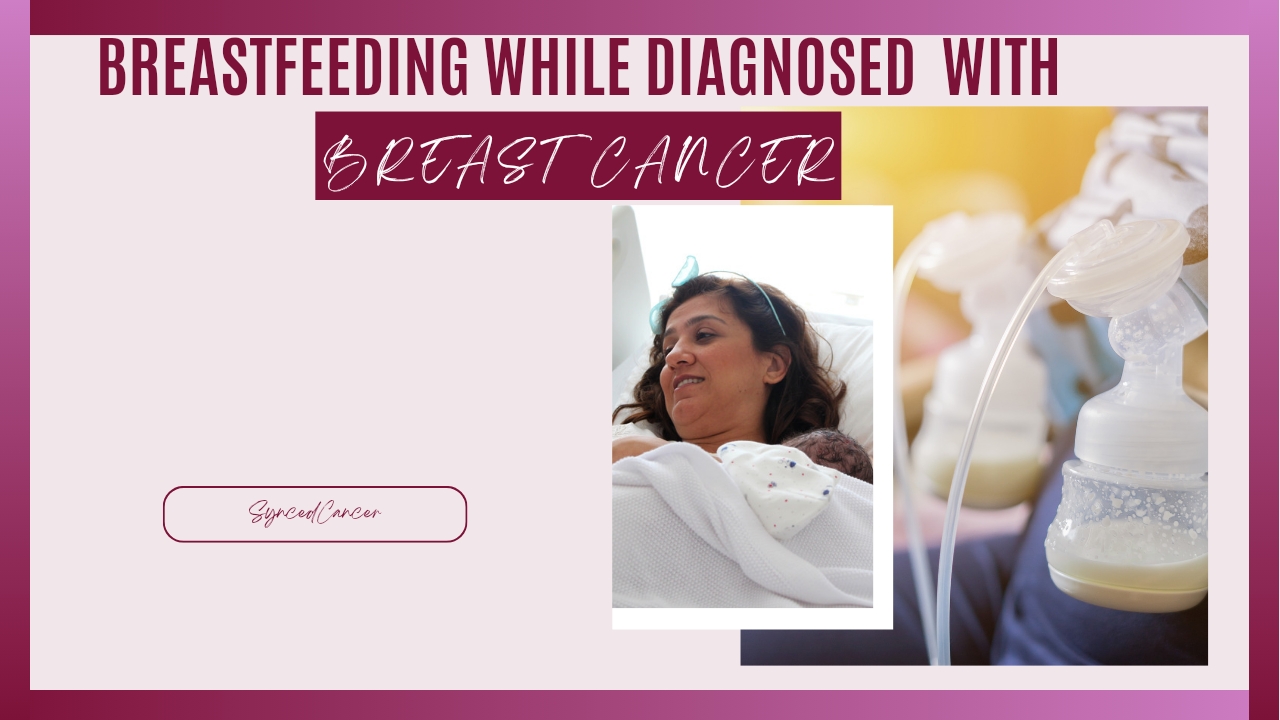Breastfeeding is a fundamental aspect of maternal-child bonding and infant nutrition. However, when a mother is diagnosed with breast cancer, it introduces complex considerations and decisions regarding breastfeeding. Breast cancer is one of the most common cancers affecting women worldwide. According to the World Health Organization (WHO). Despite its prevalence, advancements in early detection and treatment have significantly improved survival rates. Nevertheless, a breast cancer diagnosis can be overwhelming, especially for mothers with infants who are breastfeeding or intending to breastfeed.
One of the primary concerns for women diagnosed with breast cancer who are breastfeeding is the potential impact on their infant’s health. The safety of breastfeeding during cancer treatment depends on various factors, including the stage of cancer, the type of treatment, and the individual’s health status. Here are some key points to consider:
- Surgery: Surgery is often a primary treatment for breast cancer, and the type of surgery performed can affect breastfeeding. If a woman undergoes a lumpectomy (removal of the tumor and surrounding tissue) or a partial mastectomy, breastfeeding from the affected breast may still be possible, depending on the extent of tissue removal and whether the milk ducts are compromised. However, a total mastectomy (removal of the entire breast) typically eliminates the ability to breastfeed from the affected breast.
- Chemotherapy: Chemotherapy is a common treatment for breast cancer, and it can have several effects on breastfeeding. Chemotherapy drugs may reduce milk production or even stop it altogether. Additionally, these drugs can be excreted in breast milk, potentially harming the infant. Therefore, breastfeeding is generally not recommended during chemotherapy treatment.
- Radiation Therapy: Radiation therapy, used to destroy cancer cells and shrink tumors, can also affect breastfeeding. If radiation is directed at the breast, it can damage the milk-producing glands and ducts, reducing or eliminating milk production. In some cases, doctors may advise delaying breastfeeding until radiation treatment is completed to minimize potential harm to the infant.
- Hormone Therapy: Hormone therapy, often used in cases where the cancer is hormone-receptor-positive, can interfere with breastfeeding. These medications, such as tamoxifen or aromatase inhibitors, can reduce milk production and are not compatible with breastfeeding.
- Emotional and Psychological Factors: A breast cancer diagnosis can bring about emotional distress and uncertainty, which may affect a mother’s ability to breastfeed. Some women may feel overwhelmed by the diagnosis and treatment process, making it difficult to focus on breastfeeding. Others may experience anxiety or depression, which can interfere with milk production and the breastfeeding relationship.
- Fear and Concerns for the Infant: Mothers diagnosed with breast cancer may worry about the impact of their illness and treatment on their infant’s health. Concerns about transmitting chemotherapy drugs or other medications through breast milk, as well as the uncertainty of the cancer’s effect on their ability to care for their child, can lead some mothers to choose not to breastfeed.
- Physical Discomfort: Breast cancer treatments, such as surgery and radiation, can cause physical discomfort and pain in the breast area, making breastfeeding difficult or painful.

The emotional and logistic challenges faced by women diagnosed with breast cancer who are also breastfeeding
Women diagnosed with breast cancer who are also breastfeeding face a multitude of emotional and logistic challenges, which can significantly impact their well-being and their ability to cope with both their diagnosis and their role as a mother. Here are some of the challenges they may encounter:
- Emotional Distress: A breast cancer diagnosis is often accompanied by feelings of shock, fear, anxiety, and sadness. For women who are also breastfeeding, these emotions can be heightened by concerns about their own health, their ability to care for their child, and the impact of their illness on their family.
- Guilt and Self-Blame: Some women may experience feelings of guilt or self-blame, questioning whether their breastfeeding practices contributed to their cancer diagnosis. They may also feel guilty about potentially having to wean their child earlier than planned due to their treatment.
- Loss of Breastfeeding Bond: Breastfeeding fosters a unique bond between mother and child, and the prospect of losing this bond due to cancer treatment can be deeply distressing for many women. They may mourn the loss of the breastfeeding relationship and worry about how it will affect their connection with their child.
- Fear for the Infant’s Well-being: Women diagnosed with breast cancer may worry about the impact of their illness and treatment on their infant’s health. Concerns about transmitting chemotherapy drugs or other medications through breast milk, as well as the uncertainty of the cancer’s effect on their ability to care for their child, can cause significant distress.
- Decision-Making Burden: Deciding whether to continue breastfeeding, wean the child, or pursue alternative feeding options can be an overwhelming burden for women diagnosed with breast cancer. They may feel torn between their desire to breastfeed and their need to prioritize their own health and cancer treatment.
- Logistic Challenges: Breast cancer treatment often involves frequent medical appointments, surgeries, chemotherapy sessions, and radiation therapy. These treatments can be physically demanding and time-consuming, making it difficult for women to maintain their breastfeeding routine. Additionally, some treatments may cause side effects such as fatigue, nausea, and pain, further complicating the logistics of breastfeeding.
- Financial Strain: Breast cancer treatment can be expensive, and the financial burden of medical bills, childcare expenses, and lost income can add stress to an already challenging situation. Women may worry about how they will afford formula or alternative feeding options if they are unable to breastfeed.
- Lack of Support: Women diagnosed with breast cancer may feel isolated and unsupported, particularly if they lack a strong support network of family and friends. They may struggle to find healthcare providers who understand their desire to continue breastfeeding and who can offer guidance and support tailored to their unique situation.
Conclusion
Breastfeeding while diagnosed with breast cancer involves a complex interplay of medical, emotional, and practical considerations. Each woman’s situation is unique, and there is no one-size-fits-all answer. It’s essential for mothers to have open and honest discussions with their healthcare providers to weigh the risks and benefits and make informed decisions that prioritize both their health and the well-being of their infants. Additionally, alternative feeding options, such as formula feeding or donated breast milk, should be discussed to ensure the infant receives adequate nutrition while prioritizing the mother’s health and well-being. Emotional support and resources should be readily available to assist mothers through this challenging time. Ultimately, whatever choice a mother makes regarding breastfeeding and breast cancer treatment, it should be respected and supported by her healthcare team and loved ones.
REFERENCES
Breast cancer now – https://breastfeeding-and-breast-cancer-treatment
Accessed 1st May, 2024










What do you think?
It is nice to know your opinion. Leave a comment.